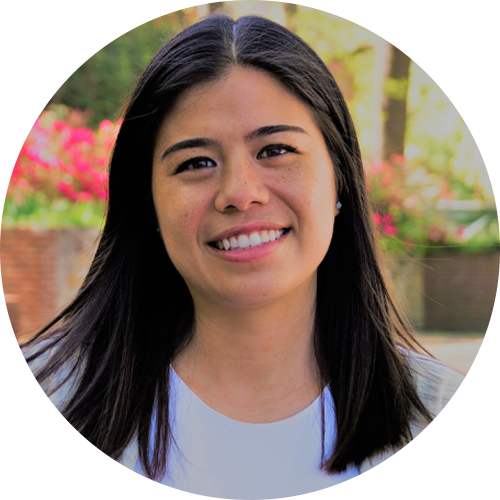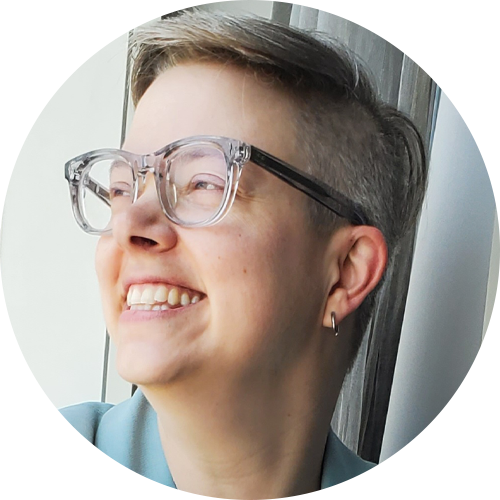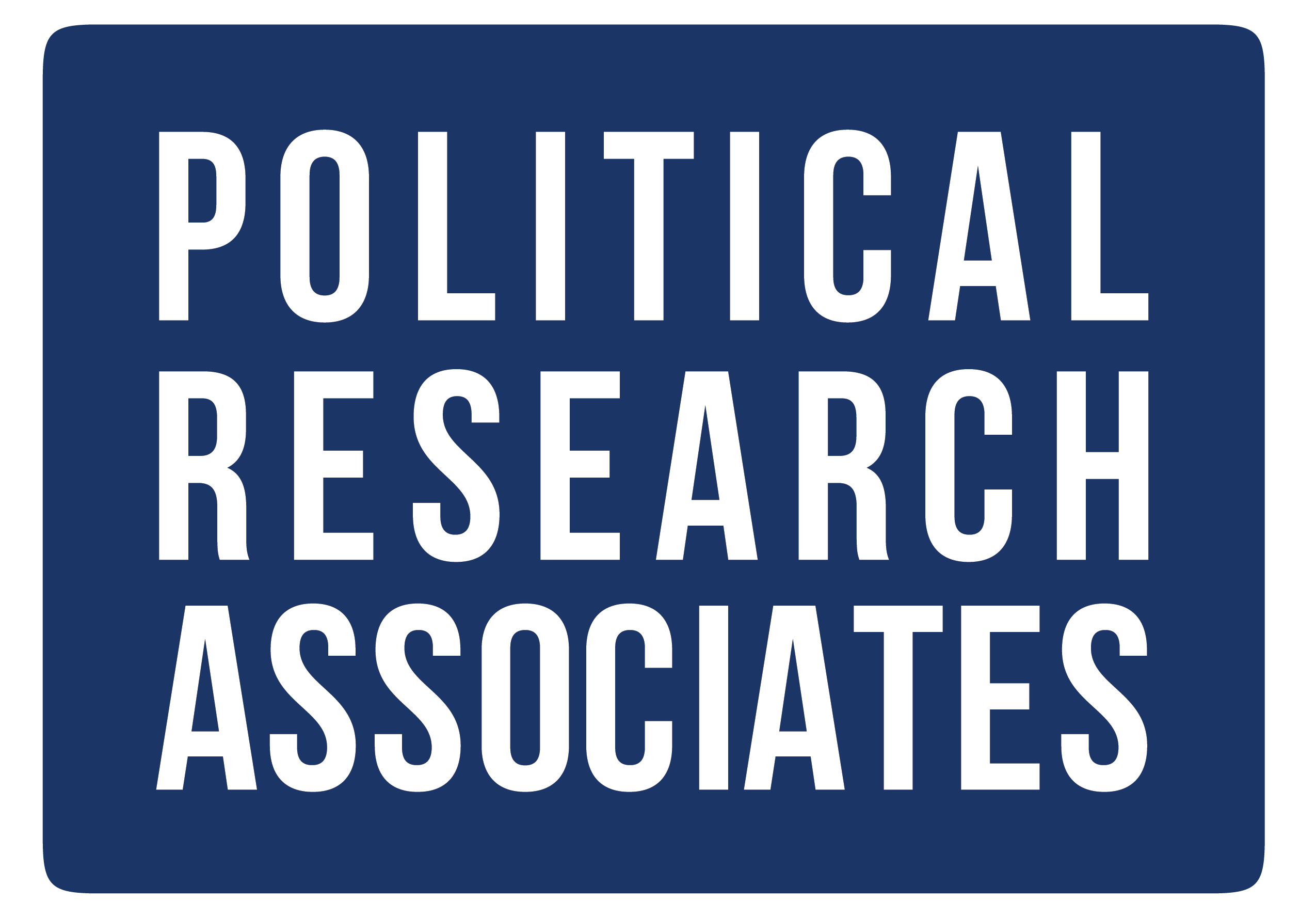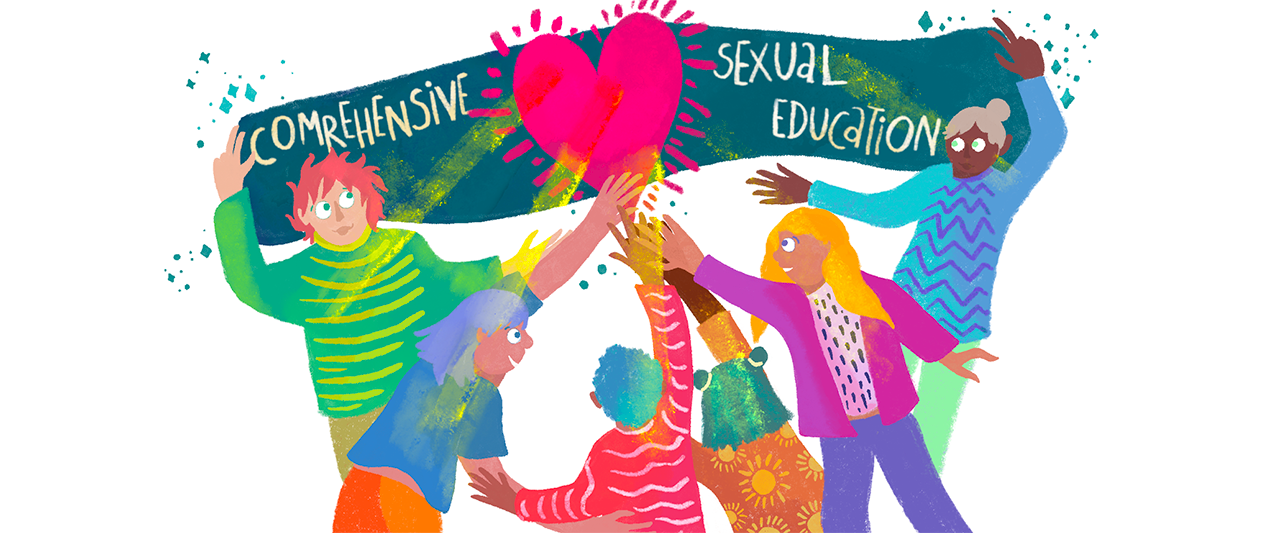A Q&A with researchers who studied what bisexual and pansexual youth need from sex ed
New research from Ipas and Political Research Associates finds that bisexual and pansexual young people feel vastly underserved by comprehensive sexuality education (CSE) programs—but they also have many recommendations for how to improve the situation.
Findings and recommendations are detailed in a new report: From invisible to indispensable. Here researchers Paige Logan and Heron Greenesmith talk about why this research matters right now.

Paige Logan
Policy and advocacy advisor with Ipas


Heron Greenesmith
Senior research analyst at Political Research Associates

Why did you decide to do this research project?
Heron: As a bisexual agender parent of a tween, I am hyper-aware of the need for culturally competent sex ed.
Paige: I am always looking for ways to more intentionally work across movements, particularly repro and queer movements. This research project offered the opportunity to do just that while shining a light on communities that get overlooked in policy and advocacy spaces.
What was your most surprising or interesting finding?
Heron: I was most interested in the similarity of experiences across our youth respondents. Despite differences in culture and context, the majority of youth interviewees felt the same erasure, the same disparaging rhetoric, and, importantly, the same resolve to access the best sex ed they can.
Paige: This was not surprising, but it’s very clear that young people know exactly what they want and need. As adults and advocates, we should provide the space and support for young people to make their own solutions a reality.
What impact do you hope this research will have?
Heron: I hope this research achieves two goals: to help advocates and educators understand the deep importance of directly and competently serving bisexual and pansexual youth, and to support the advocacy goals of bisexual and pansexual communities, which are the majority of the LGBTQIA+ community.
Paige: I hope this research offers a mechanism for communication and connection, bolsters efforts to create meaningful, positive change towards inclusive CSE, and sparks more research and storytelling opportunities for bi and pan folks.
LGBTQIA+ rights are under attack around the world right now—how did that impact your research?
Heron: We heard frequently about oppressive governments impacting the service and education of bisexual and pansexual people, like the overt attacks on sex ed in Ghana and the United States. There was also a joint understanding that this research topic is a vital and precarious one.
Drawing on your findings, what’s one thing people can do right now to help improve sex education for bisexual and pansexual youth?
Heron: Honestly, check out the resources section of the report and support that work in whatever way works best for you. We need broad support for comprehensive sex ed.
Paige: Pay attention to your local school boards!

